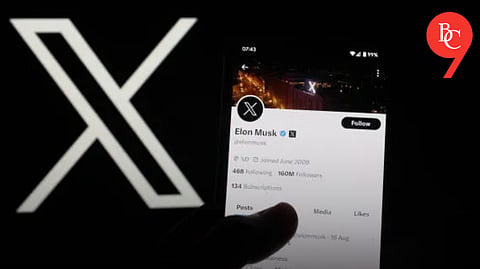

On May 16, 2025, India’s Ministry of Electronics and Information Technology (MeitY) directed X to restrict access to multiple accounts operated by Chinese and Turkish state-backed media organizations. The order, issued under Section 69A of the Information Technology Act, 2000, mandates the blocking of online content deemed a threat to India’s sovereignty, security, or public order.
Prominent accounts affected include:
CGTN (China Global Television Network)
People’s Daily (China)
Xinhua News Agency
TRT World (Turkey)
Anadolu Agency (Turkey)
These accounts are now inaccessible within India, though they remain visible to users in other countries.
Indian authorities have cited the spread of propaganda, misinformation, and content perceived as hostile to India’s interests-particularly regarding sensitive topics like border disputes, Kashmir, and domestic politics.
The government has expressed concerns about the growing reach of foreign state media on Indian social platforms, warning that such accounts may be used to shape public opinion, interfere in domestic affairs, or incite unrest.
This move is part of a broader push by India to assert digital sovereignty and maintain tighter control over its online information ecosystem, especially as geopolitical tensions with China and Turkey have escalated in recent years.
Many Indian security analysts and policymakers have welcomed the ban, arguing that it is necessary to curb foreign interference and protect national interests. Free speech advocates and some opposition leaders have raised concerns about censorship and the potential for overreach, warning that such actions could set a precedent for broader restrictions on online expression.
Chinese and Turkish officials have condemned the move, calling it an act of censorship and a violation of press freedom. They have demanded that India reverse the ban and uphold international norms of free information flow. Global digital rights organizations are watching closely, as India’s actions may influence other democracies grappling with similar challenges.
X has complied with the government’s order, displaying a message to Indian users that the accounts have been withheld in their country. The platform faces increasing pressure worldwide to balance compliance with local laws against its stated commitment to free expression.
India has previously blocked accounts and content from Pakistan, Iran, and other countries over similar concerns. The latest action against Chinese and Turkish state media signals a tougher stance amid rising geopolitical competition and a global trend toward digital protectionism. The government is also working on new regulations to address misinformation, deepfakes, and foreign-funded digital campaigns, aiming to create a more secure online environment.
